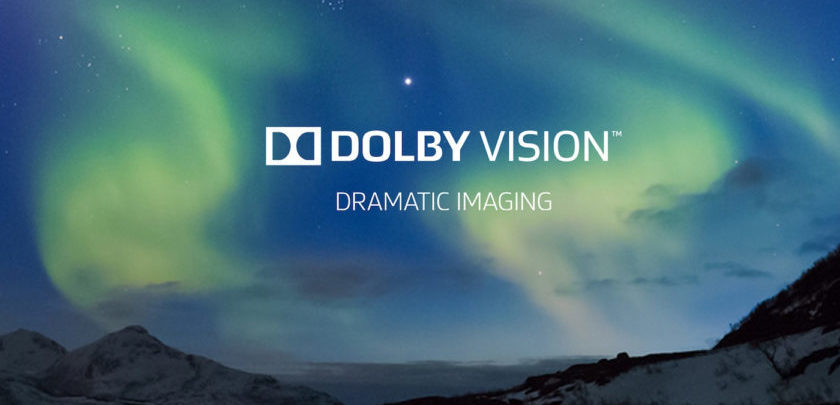M+E Connections

Dolby CFO: Company Sees Growth Opportunity in Dolby.io
Story Highlights
Dolby sees a new “potential growth” opportunity in Dolby.io, its new platform that allows content developers to use Dolby application programming interfaces (APIs) to enhance their apps, according to Dolby CFO Lewis Chew
“We are focused on making Dolby technology available to all the content that’s out there in the world that’s not produced by a studio,” he said May 12 at the virtual J.P. Morgan Technology, Media and Communications Conference.
And “that is an area we still as potential growth for the longer term,” he told listeners.
The company announced Dolby.io the same day as the conference, saying it will enable businesses, developers and content creators to enhance every interaction and every piece of content in order to deliver spectacular communications, collaboration and audiovisual experiences in their apps and services.
The significance of adding Dolby Atmos to the Amazon Echo Studio smart speaker that was introduced last year was also discussed by Chew at the online conference.
“For a while now, the smart speaker segment has been a growing segment and, for the most part, you didn’t see a lot of Dolby presence there,” he noted. However, with the Echo Smart announcement, “a couple of things happened: One, it was a very prominent example of a major player adopting Dolby Atmos in a smart speaker, which is a big important market. And, two, it also was co-joined with us effectively launching” Dolby Atmos Music, he said.
For many years, most of Dolby audio has been applied to video-based content and “we’ve really not had a large voice in music” until Echo Studio and the release last year of music from prominent artists that was mastered in Dolby Atmos, making it “sound more lifelike, more enriching [and] more moving,” which is what artists are looking for, he said.
“We do feel like music is a big area of content that even a year ago we weren’t addressing but, now that we are, makes us more relevant,” he said, adding: “It makes us more relevant to streaming services, it makes us more relevant to devices to adopt us into their technologies. It’s just another way for us to add value to people the way they experience their content.”
There is also a “potential resurgence” being seen in the PC market “in terms of opportunity for Dolby,” he said, noting basic PCs have tended to just have Dolby Digital Plus on them.
Starting last year, however, a growing number of PC makers, including Lenovo, have started adding Dolby Atmos and Dolby Vision to their computers, he said, pointing out consumers are using PCs for not just computing now, but also for consuming content, video conferencing and more. Dolby is “encouraged and optimistic,” calling PCs a “growth opportunity for Dolby” now.
On the TV front, at the end of Dolby’s fiscal year 2019, Dolby Vision was in only about 10% of 4K TVs, he said. Dolby expects that penetration rate “will grow noticeably” in 2020, he told listeners, noting the company expects its technology to be included in not just premium-priced TVs, but also lower-priced models to help them look better.
When Amazon, Apple and Disney adapt Dolby Atmos and/or Dolby Vision in the content of their streaming services, meanwhile, it provides a “really strong statement about the quality” of the technology and that “quality certainly matters,” he said.
Plus, “when we get that content flowing [that is] what encourages the whole ecosystem to then adopt our technology more, either in the content or in the end devices,” he told listeners, adding: “It becomes sort of a virtuous cycle where everywhere along the chain the different key players are adopting Dolby technology, which then allows our penetration in the devices we are talking about to grow, which is what our revenue model is…. to penetrate and grow adoption and unit volume.”
Turning to the significantly challenged cinema market, he noted Dolby’s largest partner is AMC. Dolby Cinema is featured on about 250 screens globally now, more than 50% of them in the U.S.
COVID-19 has hurt that industry significantly and it is “too early to tell” what will happen with the sector, he said. Dolby will look to see what the major players do “before we do anything drastic,” he noted.









